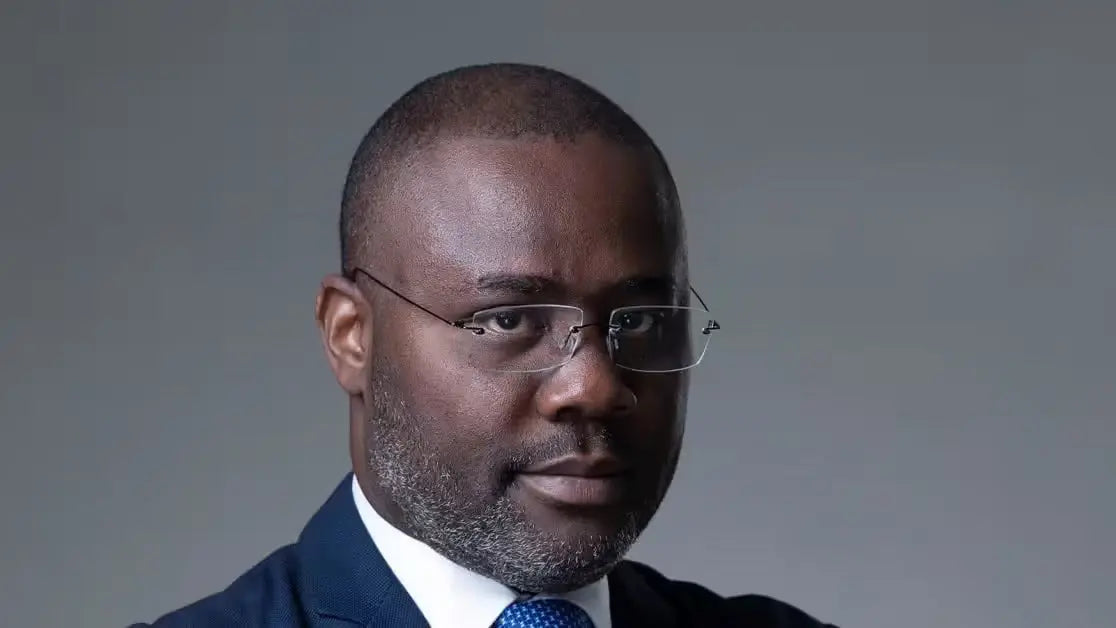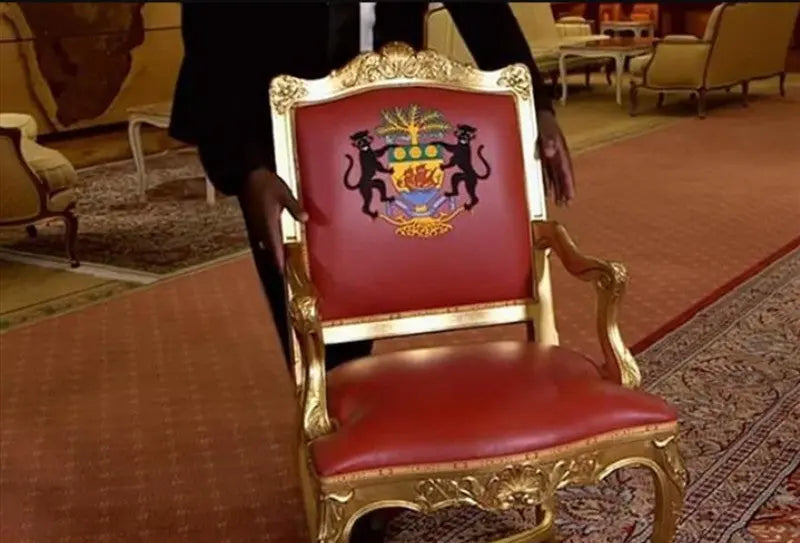
A Controversial Constitution: Who Opposes It?
As the campaign for the referendum on the new Gabonese Constitution prepares to begin, opponents of the text are now numerous and organized. Many political leaders and civil society figures denounce this project as an attempt to strengthen the power of the current government in place, to the detriment of democracy and citizens' rights. At the head of this protest are well-known political figures such as Alain-Claude Bilie-By-Nze, Jean-Valentin Leyama, Albert Ondo Ossa and Mike Jocktane, who see this reform as a decline in fundamental freedoms and a return to authoritarianism.
Alain-Claude Bilie-By-Nze: the former Prime Minister takes a stand
Former Prime Minister Alain-Claude Bilie-By-Nze did not mince his words . In a hard-hitting statement, he called the draft a “bad fundamental law,” saying that the text betrays the aspirations of the Gabonese people. According to him, far from serving democracy, this Constitution further concentrates power in the hands of the presidency, eliminating the post of Prime Minister in the process, which weakens the separation of powers. Bilie-By-Nze called for legal action to preserve republican values and prevent an authoritarian drift that, in his eyes, could dangerously take root in the country.
Bilie-By-Nze also sees in this text a subtle maneuver to strengthen the power of the transitional president, Brice Oligui Nguema, by offering him the constitutional means to extend his reign beyond the transition initially promised. For the former head of government, the solution does not lie in a Constitution focused on the executive, but in institutional reforms that would restore the voice of the people and protect the country's democratic institutions.
Unanimous opposition: criticisms from Jean-Valentin Leyama, Albert Ondo Ossa, and Mike Jocktane
Other emblematic political figures of the Gabonese opposition have joined the ranks of the protesters . Jean-Valentin Leyama, a member of parliament and fervent opponent, criticizes the project for its resolutely presidentialist orientation, which risks locking the institutions around a single power. He also denounces the restrictive eligibility conditions, which, according to him, discriminate against certain Gabonese citizens and limit democratic options. For Leyama, this Constitution threatens to make the next elections more inaccessible for candidates who do not belong to the restricted circle of the power in place.
Albert Ondo Ossa, opposition candidate in the last presidential elections, is opposed to the eligibility provisions which, according to him, risk excluding a significant part of the population. He also criticizes the duration of the presidential term of seven years, considered too long, instead of the five years recommended by modern democratic standards. For Ondo Ossa, this seven-year term, coupled with the possibility of renewal, constitutes a serious threat to democratic alternation and political renewal in Gabon.
As for Mike Jocktane, another opposition figure , he warns against the risk of a return to an authoritarian regime. According to him, by giving such a prerogative to the president, Gabon could relive the dark hours of the authoritarian era. He calls on the population to mobilize to preserve the democratic balance, aware that this draft Constitution, by removing countervailing powers, opens the way to solitary governance.
Civil society is alarmed by the dangers to social and economic rights
Alongside political voices, Gabonese civil society is also concerned about the potential excesses of this new Constitution . The National Coalition for the Defense of the Constitution has expressed several reservations about key points of the text. Among their criticisms is the issue of sovereignty over natural resources, which, although affirmed in the preamble, is called into question by a controversial article stipulating that these resources belong exclusively to the State. For this coalition, this provision risks aggravating inequalities in access to resources and concentrating more wealth in the hands of a political elite.
The issue of women's rights is also a concern of civil society. According to the Coalition, the draft lacks concrete provisions to guarantee effective equality between men and women and protect women's rights, particularly in matters of property and political representation . For them, amendments are necessary to anchor these rights in the Constitution and prevent future generations from being disadvantaged by a text that is insensitive to modern social dynamics.
Finally, the duration of the presidential mandate of seven years, renewable once, is again hotly contested. Civil society organizations consider this duration excessive and propose a five-year mandate, more in line with international standards and democratic expectations. For them, limiting the presidential mandate is crucial to avoid abuses of power and to ensure a more frequent and smoother political transition.
Towards an institutional showdown?
With this wave of protests and criticism of the draft Constitution, Gabon could well be on the verge of a major institutional crisis. The main opponents are organizing and intend to mobilize citizens during the referendum campaign, which will begin on November 6. The public debate promises to be tense , because the majority of voices from the opposition and civil society denounce a project tailor-made to guarantee the longevity of an ultra-presidentialist regime.
At the heart of these concerns is the palpable fear that this draft Constitution could institutionalize a power that would leave no room for dissent and would marginalize democratic institutions in favor of an omnipotent head of state. If the text is adopted as is, the project's detractors fear a step backwards, marked by an excessive concentration of power and an absence of control mechanisms.
Gabon's political future therefore depends on the fate of this Constitution, which already deeply divides the political class and civil society. In the event of popular rejection in the referendum, the government will be forced to revise its copy and integrate the critics to calm the growing tensions. For the time being, the fight is far from over, and opponents are determined to prevent the implementation of a fundamental law that they consider incompatible with the country's democratic values.


